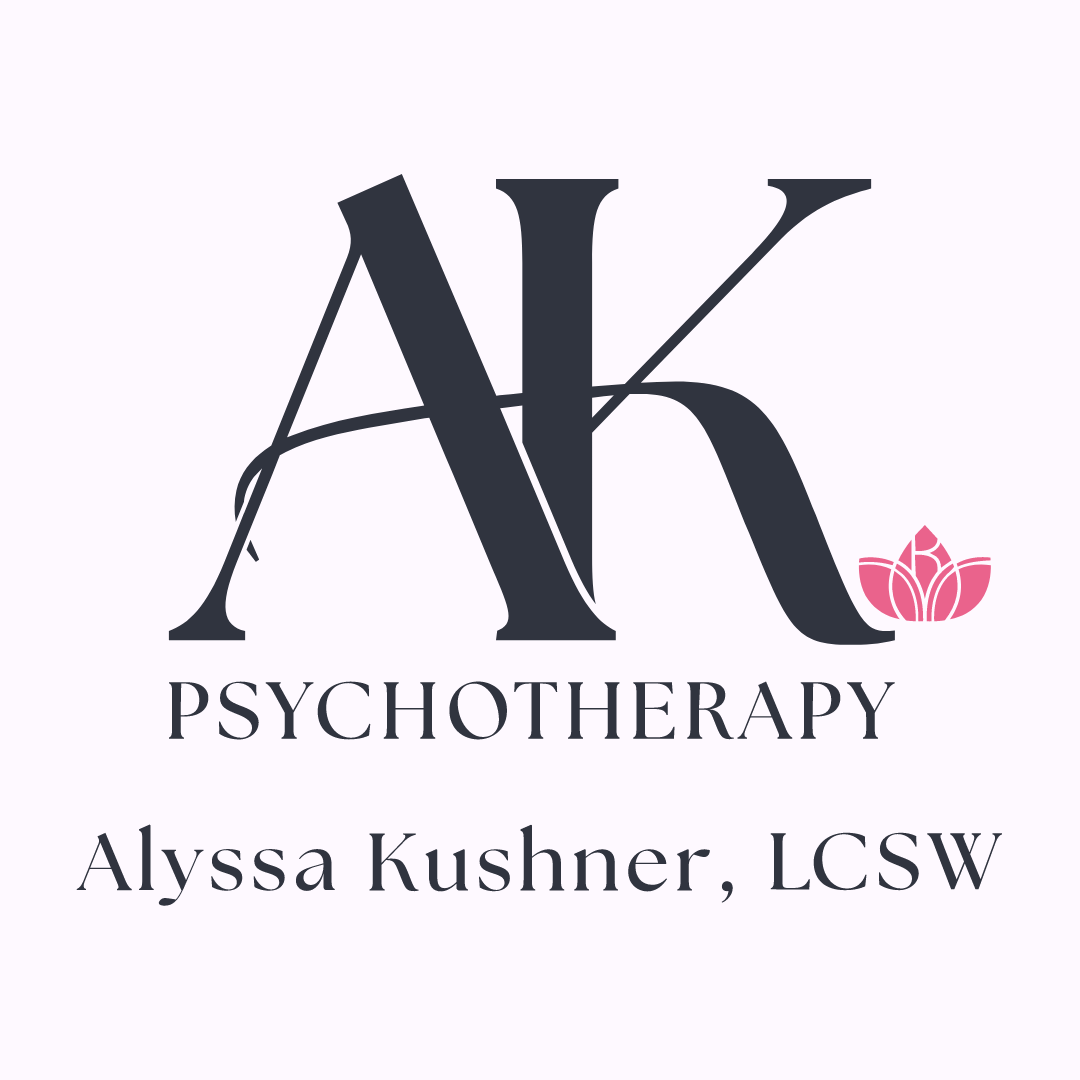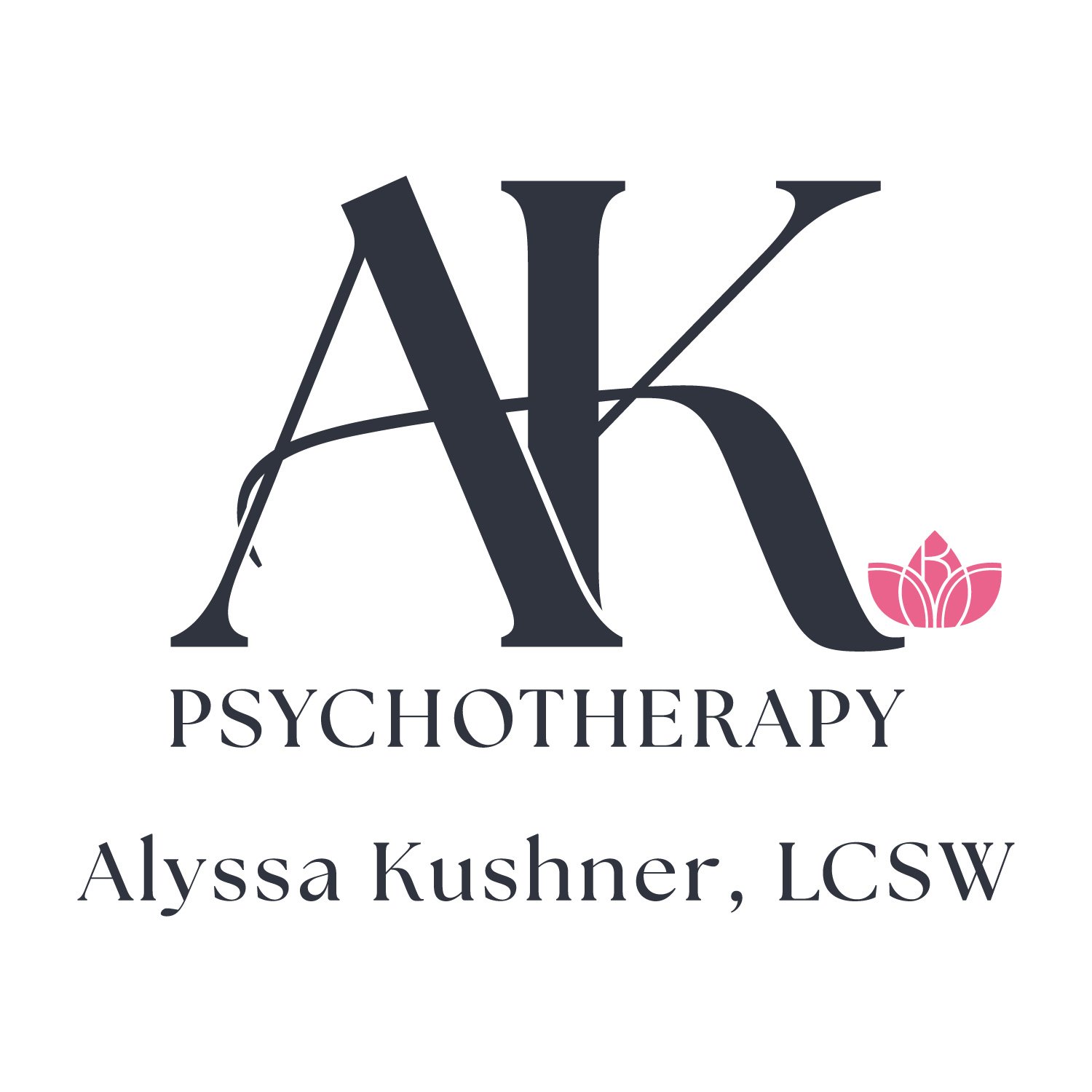Codependency 101
What does codependency actually mean?
We constantly hear the word "codependency" thrown around to define a relationship where a person relies on another a little too much, but codependency is so much more than that.
Yes, codependency can look like getting your worth from others, but it is also about chronically neglecting yourself and a lack of own identity in the process. It is a pattern of behaviors prioritizing another persons needs and problems over your own or avoiding yourself while doing so. It means that your self-worth comes from other people’s validation, taking care of other people, or being the fixer. This can develop from being related to or in relationships with someone with mental health issues, narcissism or addiction; taking on adult like roles at a young age, having emotionally immature parents, or being a caregiver of different sorts. More on other dynamics that may have caused these patterns later in this blog.
There is no one way to define it, but here are some signs and behaviors that you may identify with codependency:
Chronic people pleasing: do you submit to others, struggle to speak up for yourself, agree to others opinions, and give in to asks from others even when you don't want to?
Saying yes when it’s really a no. Major discomfort saying no.
Being unsure of what a boundary really is or how to set them, realizing you have fairly loose boundaries, or lacking the ability to set and maintain, as well as follow through on them, particularly with a fear of what the other person will think or feel.
Lack of self-identity. You may feel unsure of your values, your opinions, your emotions, or needs. You may not know who you are or what you have to offer outside of supporting people.
Challenges with your self-esteem, self-worth coming externally, negative self-talk, and a loud inner critic. Your worth may come from other peoples validation and their sense of “needing you.”
Putting other people before yourself. Is your identity in your caretaker ways? Are you a rescuer of other people’s problems? Do you like to save and help others at the detriment of yourself? We like to think this is admirable, and it is in many ways, but it also means you are neglecting yourself and you deserve better.
Lack of self-care. Do you tell yourself you don’t have time for self care, it’s not important, or you don’t even know where you could begin or find the time?
Controlling the behavior of others. Wanting other people to like you, maybe from a fear of being abandoned or disliked.
Discomfort with conflict, avoidance of conflict, and/or lacking assertiveness skills.
Frequently experiencing emotions like deep guilt, shame, frustration, and anxiety.
Built up resentment, feeling like people don’t give you the care that you give them, and sometimes even becoming passive or passive aggressive in your communication.
Feeling overly responsible for others emotions, issues, behaviors, reactions and taking them on as your own or as your fault.
Hypervigilence in relationships - monitoring peoples tones, reactions, behaviors and being on alert that they are mad at you or will leave you
These are all forms of self-neglect, distraction, and avoidance of yourself. If you feel like many of these apply to you, the next question is how did this happen?
That's an answer worth diving into in therapy. But for a brief understanding this typically develops in childhood or teen years from our family dynamics or unhealthy relationships.
Some family/relationship dynamics that can cause these behaviors look like:
Emeshment: no boundaries, what’s one family members stress/emotions/feelings is all of the families stress/emotions/feelings.
Entanglement with someone that has Narcissistic Personality Disorder, whether a family member, good friend, or relationship.
You are dating, married to, or the family member of someone struggling with an addiction or severe mental health issue and caregiving, whether that be emotionally, financially, physically, etc.
Parentification. You were or are an emotional or physical caretaker for a loved one or sibling or grew up taking on adult-like responsbilities at a young age, you learned too many adult details, or you were your parents “therapist.”
You grew up being invalidated constantly or an environment where expressing emotions is looked down on, dismissed, and not encouraged.
You were frequently guilt-tripped and made to feel wrong for having your own needs, life, opinions, independence.
Other trauma.
Now what? How do I heal?
The path toward recovery isn't full independence. Yes that could be a piece of it, but it is developing a sense of self and becoming interdependent with others. It is having your own life, while also caring for others. We are social beings, wired for human connection so it’s okay to rely on others, just not at the cost and detriment of yourself. We want to put that same care and love for attending to others, toward ourselves.
If you don’t even know what your identity is without others, you are not alone.
How can therapy help?
Therapy can be a great way to get in touch with who you are at your core, learn what your values and wants are, and begin to identify and attend to your own needs. Therapy can give you the space to explore relationship and family dynamics, begin to learn how to set and hold boundaries, and work on taking care of yourself. It may take time to unlearn these patterns and shift your behaviors, that is normal. You may have been conditioned to think a certain way and adhere to others as your survival mechanism. Asking for help is a scary but courageous thing to do, it may have been something you've never done before because you are the helper, but you are worthy of doing so. And showing up to therapy is a huge step, because you are finally giving yourself the care you deserve.
If you are resonating with this blog and would like to set up a consultation to see if we are a good fit to work on exploring any of those dynamics written above and healing your codependency, email alyssakushnerlcsw@gmail.com or schedule a free 15 min phone call.
Follow my instagram page for more learning and tools for codependency.


